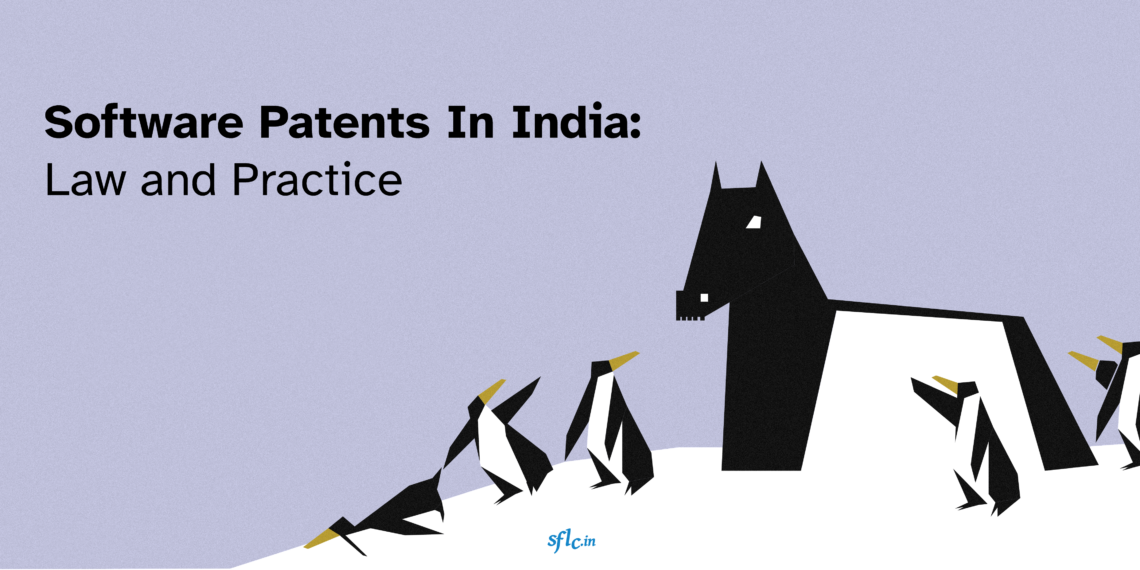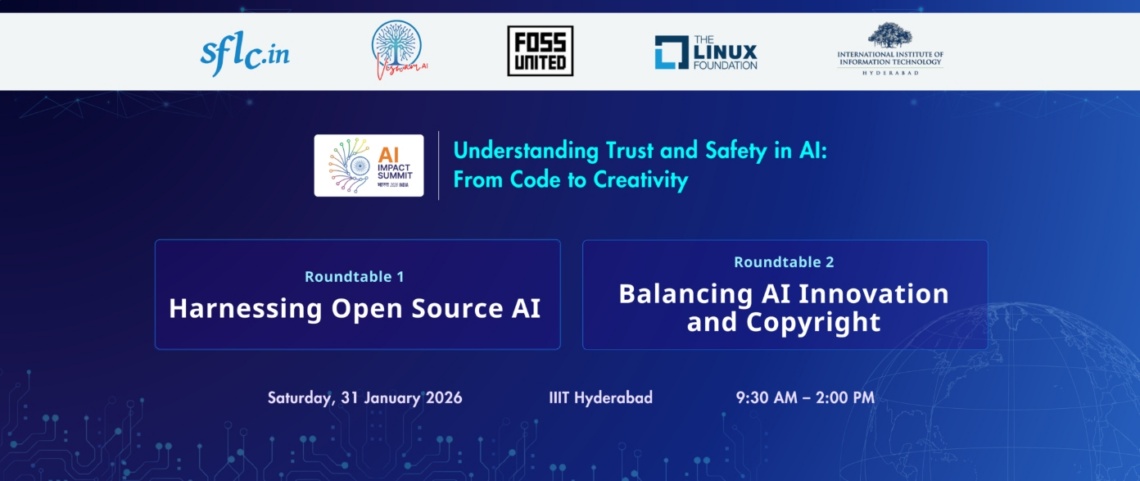In India, the legislature had the foresight to exclude business methods, computer programme per se, mathematical methods and algorithms from patentable subject matter when the Patents Act, 1970 was amended in 2005. This ensured that the software companies in India were shielded from the problems of patent litigation faced by technology companies, both small and large in the western world. However, over the years, there has been a push, mostly from the bigger players in the technology space, to dilute the practice relating to grant of patents in the area of computer-related inventions. This has resulted in various versions of the patent manuals and guidelines related to Computer Related Inventions. The divergent approaches in these manuals reflect in the changes to the number of irregular patents being granted in India. The present study conducted reveals that a large number of irregular patents are being granted in violation of Section 3(k) of the Patents Act, 1970. Foreign companies have been the beneficiaries of a sizeable proportion of these irregularly granted patents. Such irregularly granted patents could affect the startup ecosystem in India with litigation by bigger companies and Non-Practising Entities becoming rampant in the near future. The Indian Patent Office is often very slow in hearing and disposing of pre-grant and post-grant oppositions and in such a scenario these irregularly granted patents could exist for a long time restricting the ability of startups to innovate. It is important to ensure that the guidelines for examination of Computer Related Inventions are drafted in such a manner to prevent grant of irregular patents.




